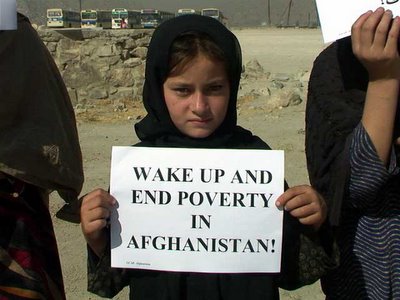The Lynching of Louie Sam
 The way Environics pollster Michael Adams tells it, relations between Canada and the United States have never been so rocky. Canadians haven't been this put off by Americans since the 1930s, and the last time we harboured this much distaste for an American president was probably when James Madison was in the White House. That was back when we were at war with the Americans, in 1812.
The way Environics pollster Michael Adams tells it, relations between Canada and the United States have never been so rocky. Canadians haven't been this put off by Americans since the 1930s, and the last time we harboured this much distaste for an American president was probably when James Madison was in the White House. That was back when we were at war with the Americans, in 1812.All the more reason, then, to take heart with the way British Columbia Lt.-Gov Iona Campagnolo and Washington state Lt.-Gov Brad Owen are quietly working to resolve a profound grievance between Canada and the United States that goes back almost 122 years.
The case involves the lynching of a 14-year-old Canadian boy on a moonlit night in February, 1884. An American mob rode north, kidnapped the boy, and hanged him from a tree 130 paces north of the Canada-U.S. boundary, at Sumas Prairie, about 80 kilometres east of Vancouver. The lynchers then rode back across the border.
Canadian authorities went to extraordinary lengths to persuade U.S. officials to bring the lynchers to justice, but Canada's entreaties were rebuffed. British Columbia went so far as to dispatch two undercover detectives to infiltrate the American town of Nooksack, where the lynchers came from. The detectives returned with a list of the lynchers' names, along with overwhelming evidence implicating one of the lynchers in the very crime the boy had been accused of committing - the murder of a Nooksack shopkeeper. Still, the American authorities did nothing.
The boy's name was Louie Sam. He was from the Sto:lo Nation community of Kilgard. While the memory of his murder lingered among the Sto:lo, pretty well everybody else had forgotten about it.
Then, last June, the United States Senate adopted a resolution confessing to its shame in having failed, when it mattered most, to enact anti-lynching laws. The Senate resolution apologized to the descendants of the 4,743 people lynched in the U.S. between the 1880s and the 1960s. The one lynching for which the Senate resolution does not atone is the lynching of Louie Sam - the only documented lynching in Canadian history.
Around the time of the U.S. Senate resolution, the unresolved case of Louie Sam’s lynching came to the Lt.-Gov. Campagnolo’s attention. One thing led to another, and the rest of this story appears here, in the Winnipeg Free Press.
In that Free Press essay, I make no argument about how this case should be resolved. But I'll point out here that while the Sto:lo Nation should pursue justice as they see fit, Canada should not overlook the fact that this case involves the murder of a Canadian, and American authorities deliberately obstructed attempts to bring his murderers to justice.
During the 1940s, a local historian interviewed two of the surviving lynchers, who were still openly boasting about their crime. They also admitted to having later attempted the lynching of another Sto:lo Canadian, Jimmy Poole. Poole bore the rope scars the rest of his life (his grandson is Larry Commodore, the elected chief of at the Sto:lo community of Soowahlie, and an old friend).
Canadian hands are not spotless in this, either. When it became clear that the American authorities were not going to cooperate in the apprehension and prosecution of Louie Sam’s lynchers, Canada just dropped the file. One way Canada might respond, with perhaps the assistance of the B.C. Federation of Police Officers, is to award a posthumous commendation for bravery to the those two British Columbia Provincial Police detectives who investigated the case.
Officers William Russell and Charles Clark risked their lives by crossing the U.S. border and infiltrating the lynchers’ home community of Nooksack in their investigation of Louie Sam's murder. The detectives performed a couragous and outstanding service, only to have their findings dismissed. They, too, deserve to be remembered.





